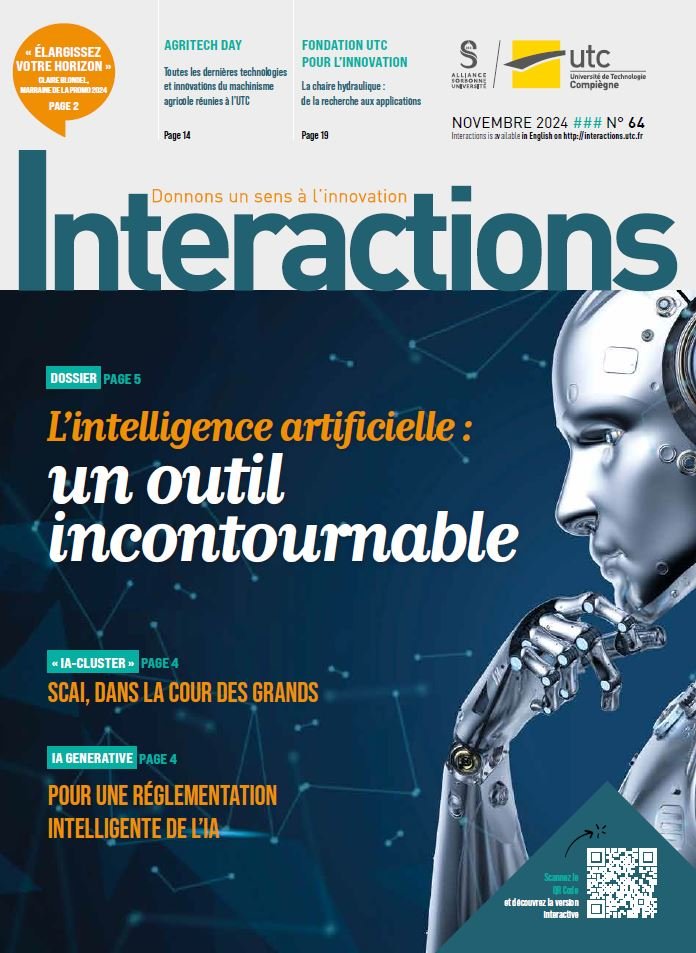A new elective specialty course in process engineering

“Pharmaceutical and Cosmetic Processes” (PPC) is the name of a new elective course of study in the major Process Engineering. The first students joined the PPC course in the spring semester of 2024 and began their apprenticeship last September. The aim is to have classes of 16 to 20 students.
In response to demand from French pharmaceutical and cosmetics manufacturers for engineering training in the field of process industrialization for formulated products, in early 2022 Tours Métropole brought together UTC’s Process Engineering Department and the IMT training centre in Tours to collaborate. “UTC currently offers a Master’s degree in formulated product engineering, the aim of which is to provide students with the knowledge and research methods needed to develop and implement formulated products. It therefore aims to train “formulators” in the agri-food and parachemical sectors, without plunging too far into the scaling aspects of formulation (from laboratory to pilot to industrial scale). UTC therefore has the scientific and pedagogical skills to define a training pathway in the field of pharmaceutical and cosmetic processes within its process engineering training program”, assures Olivier Schoefs, Director of UTC’s Industrial Process Engineering Department. As for the IMT training centre in Tours, it offers diploma and apprenticeship technical training at levels ranging from Bac + 2 to Bac + 3, in the field of pharmaceuticals and cosmetics, drawing on a 2 000 m² technical platform equipped with facilities for studying multi-phase unit operations from laboratory scale to pre-industrial pilots. “The collaboration between UTC and IMT Tours constituted a natural step in offering an apprenticeship programme in pharmaceutical and cosmetic processes as part of UTC’s Process Engineering major.
The 1st PPC class gets off to a flying start
The courses are divided into four blocks. The first covers the environmental, economic and regulatory aspects of the pharmaceutical and cosmetics industries. The aim of the second block is to design a development strategy for a galenic process. The third block aims to study unit operations on a pilot scale, also using digital tools. Finally, the fourth block will lead to the dimensioning of the industrial process and its technical, economic and environmental evaluation. All courses will revolve around a “silver thread” project involving the industrial transposition of the production of a formulated pharmaceutical or cosmetic product. “The ambition of this program is to train process engineers capable of designing, sizing and optimizing equipment for the industrial production of drugs or cosmetics based on product formulations developed in the laboratory. The programme was designed and is run and managed by UTC and ITM, thanks to the initial impetus provided by Tours Métropole. 80% of teaching is carried out by ITM staff and 20% by UTC staff. Companies in the pharmaceutical and cosmetics sectors have responded very positively, and the students have found their future employer companies very easily,” enthuses Olivier Schoefs. Demand is high, as we expected. Process engineers in the PPC stream are destined to work not only in the pharmaceutical and cosmetics industries, but also in other sectors involving multiphase processes, such as nuclear power, food processing and waste treatment.
KD




